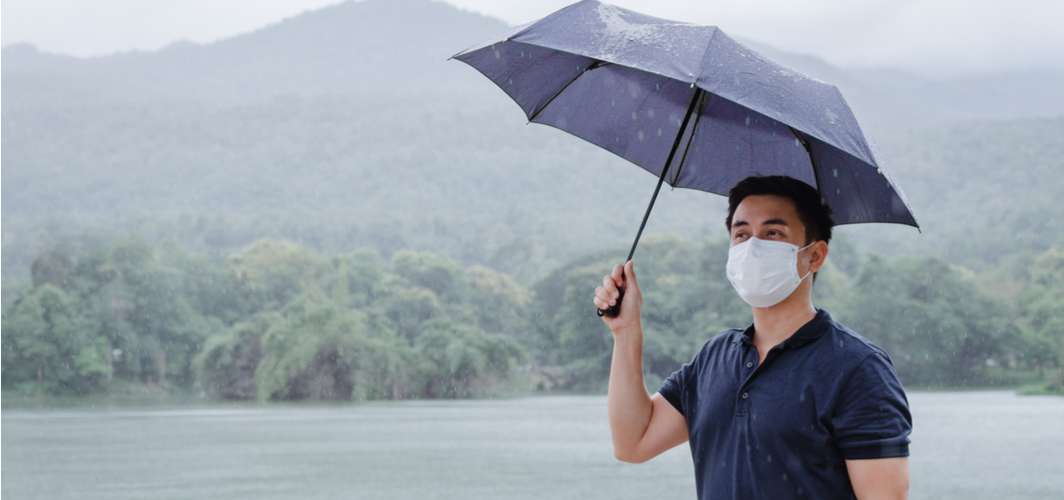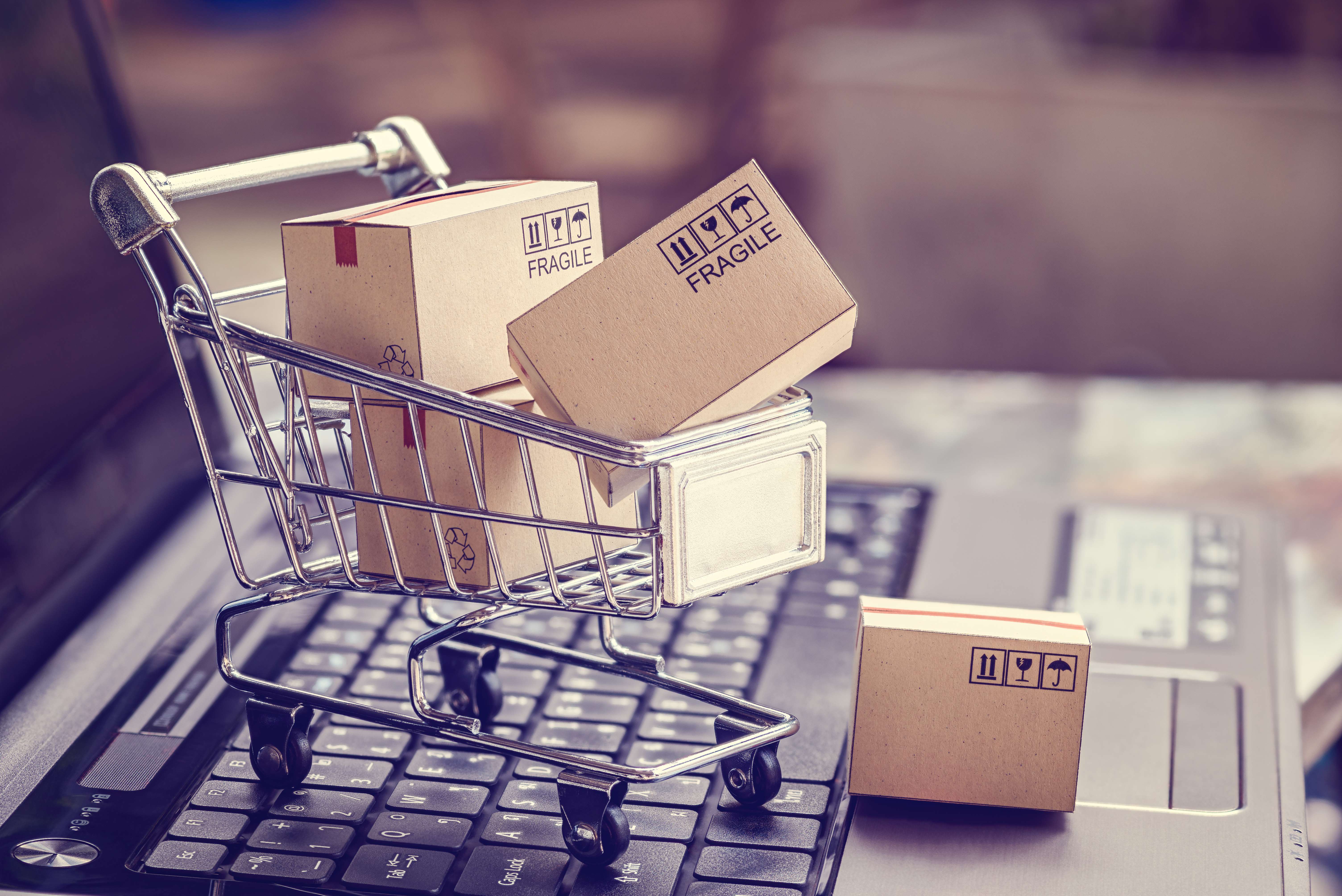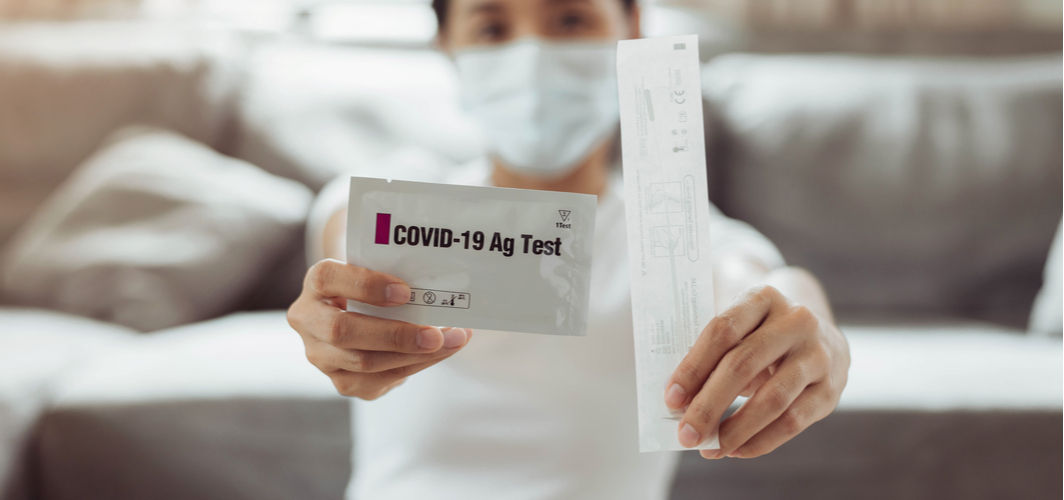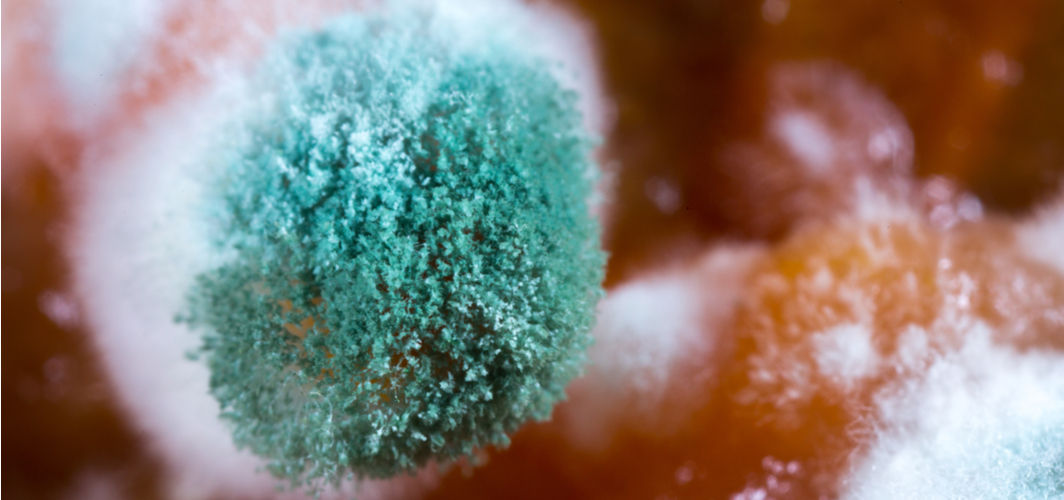Coronavirus Updates
Is It Safe to Go Swimming at a Pool or Visit the Beach Once the Coronavirus Lockdown Ends?
5 min read
By Apollo 24/7, Published on - 12 June 2020, Updated on - 18 October 2022
Share this article
0
3 likes

As the lockdown is gradually being lifted in many countries including India, many of us may be looking forward to doing things that we were unable to do during the past few months. Examples of such activities include heading to the pool for a swim or visiting the beach. However, with the daily increase in COVID-19 cases and no definitive treatment yet, it is essential that we follow some basic instructions to stay safe.
It is important to note that we must follow the guidelines issued by the local authorities about visiting such facilities and places. Many residential associations and communities have still not reopened their swimming pools yet. At places where swimming pools have reopened and beaches are accessible again, it is crucial to follow a few important recommendations.
How Coronavirus spreads and can it be transmitted through water?
The primary route of transmission of the Coronavirus is person-to-person through respiratory droplets. These droplets are discharged from infected persons when they cough or sneeze. Healthy individuals may get also get infected if they touch the surfaces contaminated with the Coronavirus.
The Centers for Disease Control and Prevention (CDC) suggests that there is no evidence so far to prove the spread of Coronavirus in water.
Is it safe to go swimming at a pool once the lockdown is lifted?
As indicated above, the Coronavirus cannot spread to people through the water in swimming pools, water playgrounds, and hot tubs. Moreover, chemicals such as chlorine and bromine are used to disinfect such aquatic venues and keep them clean.
As extra measures, the operators of public water venues have been advised to take the following steps for ensuring the health and safety of their employees as well as for the people using the facilities:
- Besides disinfecting the pool, all frequently-touched surfaces like slides, handrails, lounge chairs, etc., should be cleaned and disinfected regularly.
- Encourage the staff and the swimmers to wash their hands frequently and cover their mouth/nose while coughing or sneezing.
- Ensure that supplies required to support healthy hygiene are adequate. Some examples of supplies are hand sanitizer, soap, tissues, paper towels, and no-touch trash cans.
- Discourage people to share items meant for personal use which come in direct contact with the face. Few examples of such items are goggles, snorkels, and nose clips.
- Train staff on all safety protocols.
- Conduct health checks for the staff daily that must include a temperature check.
To sum it up, it is safe to swim at the pool if all the necessary precautions are followed. However, refrain from using the swimming pool if you are unwell and do seek medical advice.
Although the Coronavirus cannot spread through water and it is safe to swim, the risk of a person contracting COVID-19 increases by social interaction at swimming pools. Hence, it is advisable to follow all requisite social distancing guidelines.
Precautions to take before getting into the swimming pool
The CDC has recommended a few practices to follow before getting into the swimming pool:
- Take a shower for at least one minute before you get inside the pool. This will remove most of the dirt from your body.
- Use sunscreen that has at least SPF 15 for protection against UVA and UVB rays.
- Do not get into the pool if you have an open wound, have diarrhoea, and if you are menstruating.
- Check if the pool has adequate safety equipment (e.g. rescue ring/pole) and if the staff are trained well.
- Ensure that the drain at the bottom (deep end) of the pool is visible. Also, make sure that the drain is secured well and in good condition.
- There is no need to wear a mask before getting into the pool. Wearing masks can obstruct breathing when they are wet.
Precautions to take when inside and outside the swimming pool
One should follow these precautions once they are inside the swimming pool and after they come out:
- Ensure that you do not swallow the pool water
- Do not urinate or defecate in the pool
- If your kids are inside the pool, keep an eye on them at all times
- Take your kids on bathroom breaks
- If your kids need a change of diapers, ensure that you change it in a bathroom or an area designated for changing. This will keep the pool clean from germs
- Once you are done with swimming, use a towel to dry your ears thoroughly.
Following the above steps is a good idea at this time of the COVID-19 pandemic as well as when it ends.
General precautions to prevent Coronavirus infection
The key to staying safe from the Coronavirus is to keep away from crowded places while following these general recommendations:
- Maintain at least 6-feet distance from others at public places
- Wash your hands frequently with soap and water for at least 20 seconds. You can use an alcohol-based hand sanitizer if you do not have access to soap and water
- Wear face-covering cloth masks when you visit crowded places like pharmacies and grocery stores
- Do not touch your eyes, mouth, and nose when you are in public places until you clean your hands.
Is it safe to go to the beach?
Although it is not known if the water at the beach is safe, the main reason why going to the beach is discouraged is because such places can get crowded. Practising social distancing at crowded places can be quite difficult and can lead to the further spread of the Coronavirus. However, if you can find a beach which is not too crowded, there is no harm in going for a walk by the beach. Walking is an ideal physical activity that can boost your health. It can also enhance your mental wellbeing at this stressful time.
Takeaway
The lockdown may have left many of us with a feeling of restlessness and a desire to resume activities that could be done before the COVID-19 pandemic hit the world. However, this desire should not come in the way of taking precautions. Otherwise, the spread of the virus may become uncontrollable. One should remember that lifting the lockdown does not mean that the Coronavirus is going to go away as there is no definitive treatment or a vaccine developed yet.
If you have any questions related to Coronavirus, you can consult our team of expert doctors through online doctor consultation.
Coronavirus Updates
Leave Comment
Recommended for you

Coronavirus Updates
Will COVID-19 Infections Increase During the Monsoon Season?
A host of factors drive the spread of the novel Coronavirus, and weather conditions alone cannot alter the rate or intensity of the spread.

Coronavirus Updates
What Are the Precautions for Online Shopping During COVID-19?
It is safe to receive online deliveries provided you follow some precautions such as frequent hand washing, physical distancing, and other tips mentioned in this article.

Coronavirus Updates
Can a COVID-19 Self-test Detect the Omicron Variant?
COVID-19 self-test kits can detect infection, irrespective of the variant. The article explores the effectiveness of COVID-19 self-test kits in detecting the Omicron variant.
Subscribe
Sign up for our free Health Library Daily Newsletter
Get doctor-approved health tips, news, and more.
Visual Stories

Decoding India’s Fungal Epidemic Triggered by COVID-19
Tap to continue exploring
Recommended for you

Coronavirus Updates
Will COVID-19 Infections Increase During the Monsoon Season?
A host of factors drive the spread of the novel Coronavirus, and weather conditions alone cannot alter the rate or intensity of the spread.

Coronavirus Updates
What Are the Precautions for Online Shopping During COVID-19?
It is safe to receive online deliveries provided you follow some precautions such as frequent hand washing, physical distancing, and other tips mentioned in this article.

Coronavirus Updates
Can a COVID-19 Self-test Detect the Omicron Variant?
COVID-19 self-test kits can detect infection, irrespective of the variant. The article explores the effectiveness of COVID-19 self-test kits in detecting the Omicron variant.